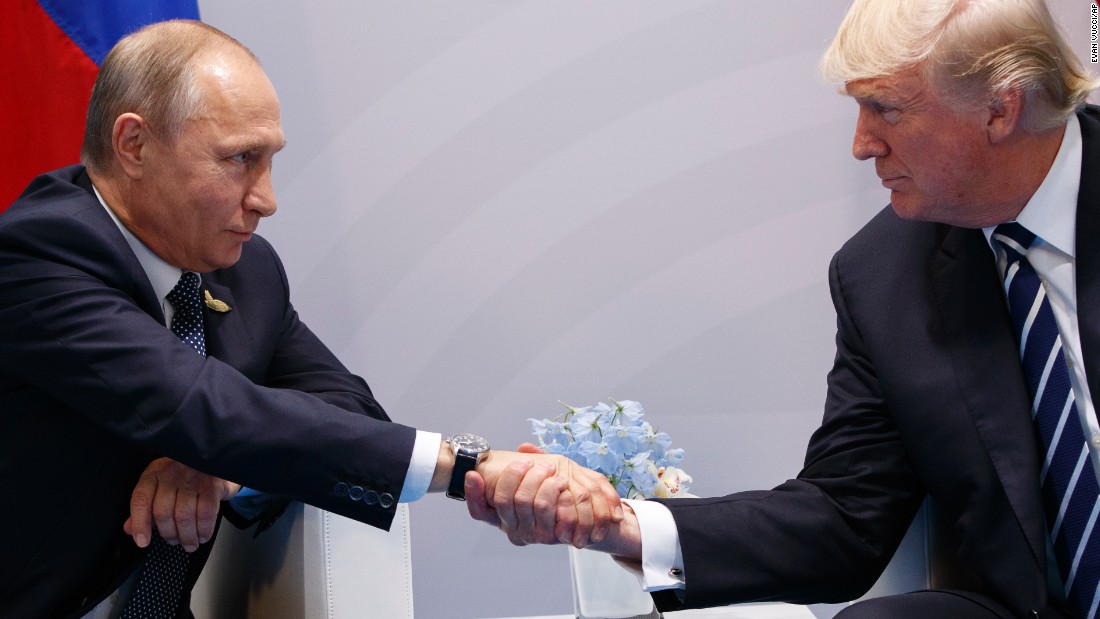Global Perspectives: The Role of Politics in Global Affairs

In an increasingly interconnected world, the dynamics of politics continue to influence communities in profound manners. While we look toward the future, it's crucial to understand how political actions and decisions influence not only domestic landscapes but also international relations. As the countdown to the 2025 election intensifying, a diverse array of issues has claimed center stage, from the emergence of independent candidates to the effect of young voting. This emerging political era invites us to ask: what does the changing political landscape imply about our democracy?
While discussions around pivotal topics like environmental issues, foreign policy, and the integrity of our electoral processes gain momentum, citizens are growing more engaged than ever. With swirling https://couchcamera9.werite.net/starting-in-political-campaigns-through-judicial-settings-a-political-and of political upheaval, continuing battles over gerrymandering, and the ever-present threat of misinformation, the political sphere is anything but stagnant. Every of these factors contributes to the broader narrative, revealing the complexities of government and the power plays at work within institutions like Congress and the judiciary. In Idaho political news , we will delve into the factors shaping our political reality, examining how they might affect the society we live in today and tomorrow.
The Ascension of Independents
The political environment in the U.S. has experienced a significant change as independent voters emerge as a formidable presence. In upcoming elections, a growing number of voters are aligning with independence, marking a shift away from conventional two-party hegemony. This development indicates that many citizens are in search of options to dominant parties, often feeling disillusioned by partisan politics and looking for candidates who resonate with their values without absolute alignment to traditional platforms.
As we approach the 2025 elections, the rise of independents poses both obstacles and potential for campaign managers. Political campaigns must navigate this new terrain by appealing to a diverse electorate that prioritizes practical solutions over ideological strictness. The independents' power can decide key elections, particularly in swing states where their votes can make a crucial difference. Candidates are progressively customizing their messages to draw in these voters, emphasizing issues that transcend party lines, such as health services, financial prospects, and sustainability efforts.
Additionally, the rising presence of non-affiliated candidates in multiple elections is reshaping normative campaign strategies. These individuals often take advantage on voter fatigue with established party politics, presenting themselves as innovative alternatives. As their profile increases, independent candidates not only contest incumbents but also motivate traditional parties to rethink their platforms. This change has the potential to spark a larger conversation about what it means to represent the citizens in an progressively divided environment, finally reshaping the framework of engagement of interaction.
Twenty Twenty-Five Election Trends
As the clock to the 2025 vote begins, the political arena is shifting in ways that could redefine long-established party dynamics. https://canvas.instructure.com/eportfolios/3693742/entries/13524280 of independent candidates is noteworthy, as discontent with the bipartisan system drives voters to look for alternative choices. This movement signals a possible turning point, where third-party candidates might not only impact the general vote but also reshape the ongoing dialogue around policies and representation issues. With issues like environmental concerns and economic disparity at the forefront, grasping the driving factors behind this electorate will be crucial for all political players.
Young engagement is another vital component of the forthcoming vote. With younger increasingly taking an active role in politics, their electoral influence may serve as a game changer in 2025. Politicians will need to focus on issues that appeal with this demographic, such as climate action and equity, to secure their backing. The creation of new alliances, especially among younger politicians and voters, suggests a fresh vigor in advocacy efforts that could disrupt traditional ways.
Yet, as excitement grows around the potential for change, the shadow of fake news looms large. As candidate campaigns formulate their strategies, the battle against misleading information and misinformation will be critical. With increased fears of meddling resurfacing, ensuring the integrity of the vote will remain a focal point for candidates and their organizations. As we observe these dynamics unfold, it becomes apparent that the 2025 vote will not just be a contest for office but also an essential moment for the future direction of democratic values overall.
Risks to Democratic Systems
In the past few years, the integrity of democratic governance has come under close observation. Concerns have arisen over the growth of authoritarianism and populist movements, as leaders in multiple countries take advantage of political polarization to undermine democratic norms. The manipulation of false information has further obscured the landscape, making it challenging for citizens to tell fact from falsehood. As elections approach, these methods have the capacity to erode trust in electoral mechanisms, leading to diminished voter participation and a growing cynicism towards governmental institutions.
In the America, the Supreme Court's upcoming decisions will play a critical role in determining the future of democratic rights. Issues such as district manipulation, voting rights, and regulations on campaign funding are essential. The chance for the Court to make judgments in ways that favor one political ideology over another raises alarm bells for advocates of equitable representation. As the legal landscape shifts, it is crucial for citizens to remain alert and engaged, making sure that their voices are heard in the face of potential injustices.
Furthermore, the increasing influence of money in politics, particularly through super PACs, adds another layer of challenge to the democratic process. As corporate interests and wealthy donors gain more power, there is a threat that the average voter may feel marginalized. This growing divide can foster dissatisfaction among constituents who see their needs neglected in favor of those with greater wealth. Ultimately, the health of democracy is contingent on a committed electorate that enthusiastically participates in governance and holds leaders responsible for their actions.

